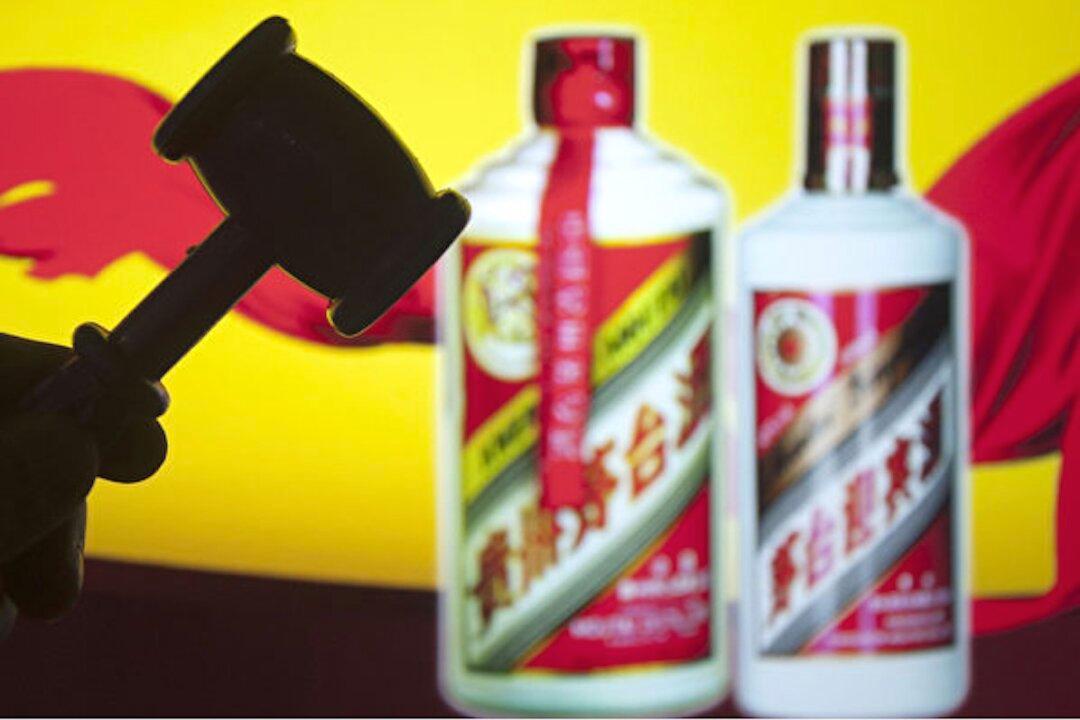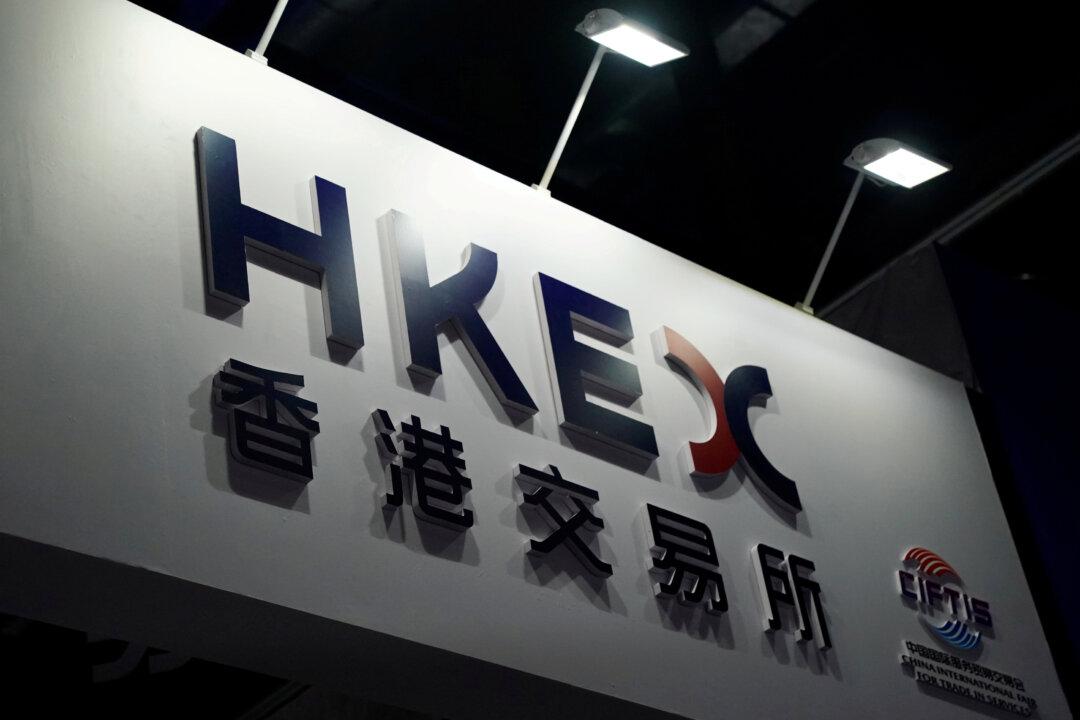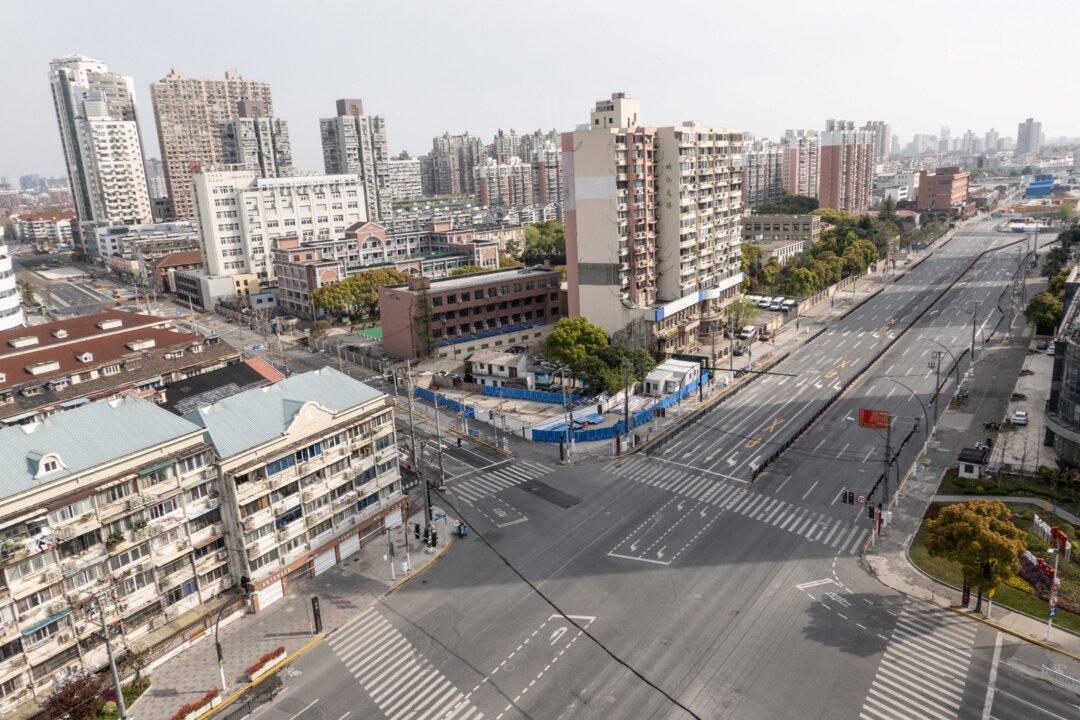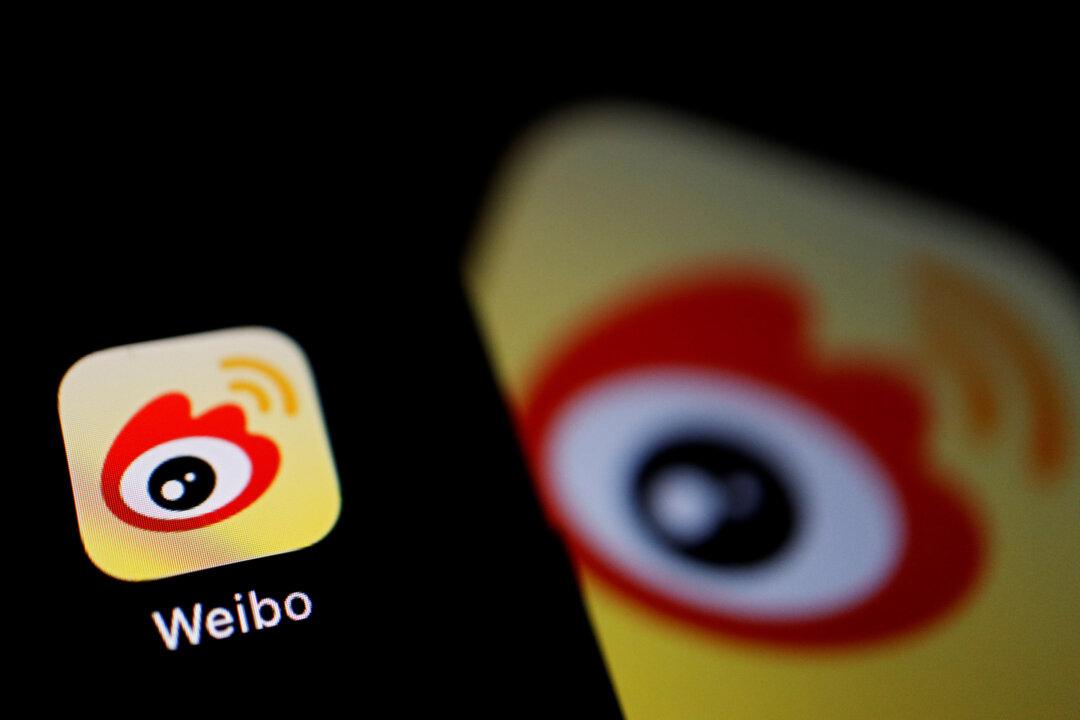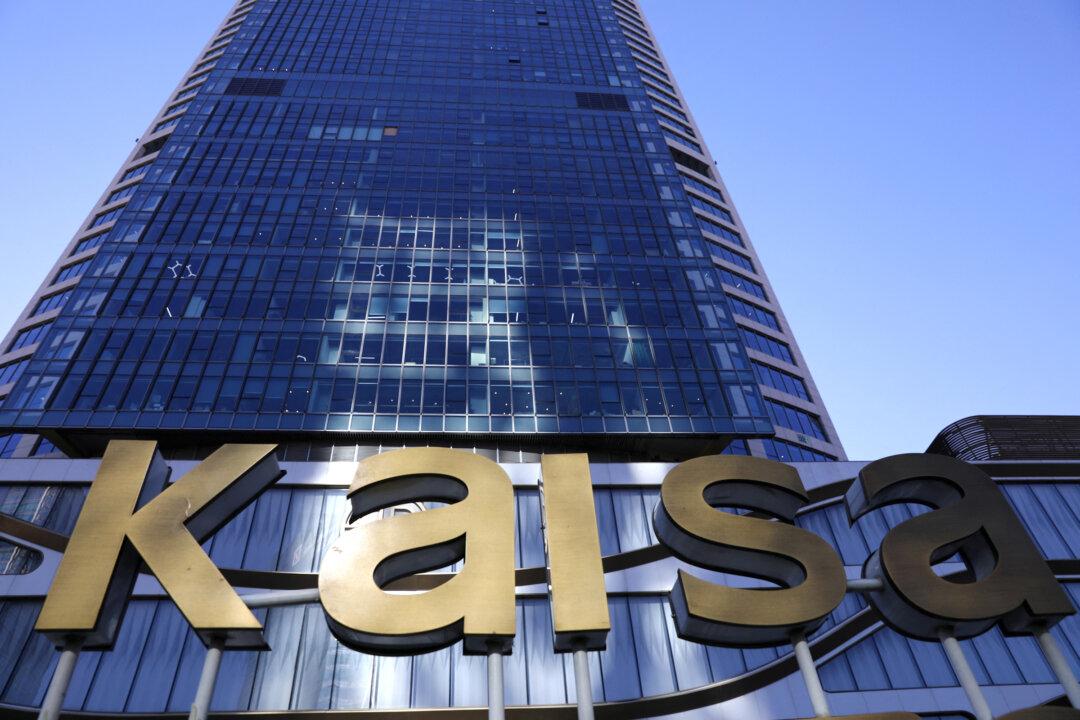A Chinese court sentenced a former chairman of liquor manufacturing giant Kweichow Moutai to life in prison for accepting $17.5 million in bribes.
Yuan Renguo, who served on the board of Kweichow Moutai, was convicted on Thursday of taking bribes between 1994 and 2018, according to a statement from a court in the southwestern Chinese Province of Guizhou, where Moutai is based.
